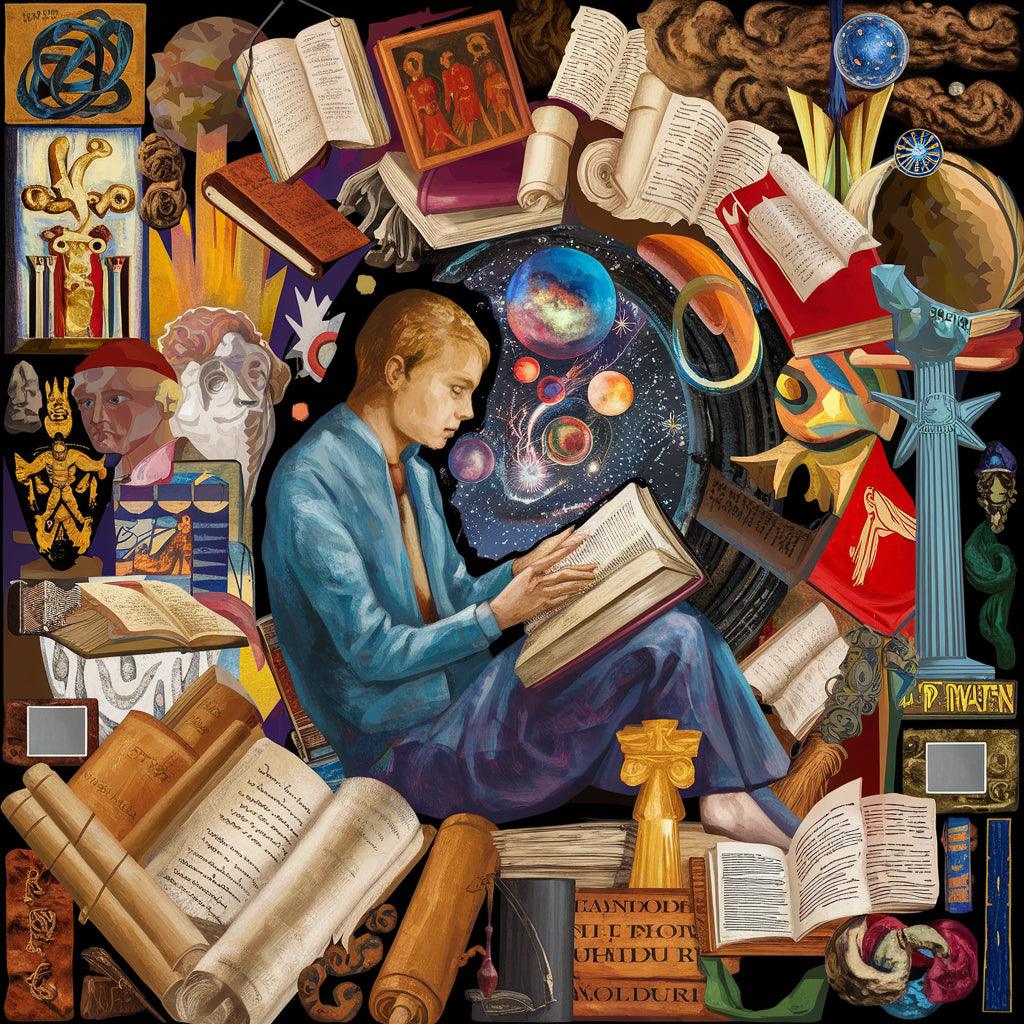
Learning the Importance of History by Reading
Importance of Reading and Learning History
History is a vast tapestry woven with the threads of countless lives, events, and ideas. Understanding this tapestry requires more than just a cursory glance; it demands a deep dive into the stories that have shaped our world. Reading and learning history from multiple sources is crucial for several reasons. It provides a comprehensive view of events, fosters critical thinking, and enriches our understanding of humanity. In doing so, we can better grasp the importance of old and new books, the greats of literature and art, and the foundational principles of religion and the cosmos.
Old books offer a window into the past, allowing us to see how people of different eras thought, lived, and perceived their world. They provide context for contemporary issues, showing us how challenges were addressed before and what lessons can be learned from those experiences. For example, reading classic works like Homer’s "The Iliad" or Sun Tzu’s "The Art of War" reveals timeless truths about human nature, strategy, and conflict. These works offer insights into human behavior that remain relevant today.
New books, on the other hand, provide fresh perspectives and incorporate recent discoveries and modern understandings. They often challenge old narratives, adding complexity and depth to our understanding of history. For instance, recent works on the Civil Rights Movement in the United States provide a more nuanced view that includes voices previously marginalized or overlooked in older histories. By reading both old and new books, we gain a layered understanding of history that is both broad and deep.
Engaging with the greats of literature and art enriches our cultural and intellectual lives. These works have stood the test of time because they speak to universal aspects of the human experience—love, loss, joy, and sorrow. They challenge us to think deeply about our values, our society, and our place in the world. Works like Shakespeare’s "Hamlet" or Leonardo da Vinci’s "Mona Lisa" compel us to ask questions about identity, morality, and existence that are as relevant today as they were centuries ago.
Religious texts and teachings have shaped civilizations, laws, and cultures for millennia. Understanding these foundations is essential for grasping the motivations behind much of human history. Reading religious texts from multiple perspectives allows us to appreciate the shared values and unique beliefs that have influenced societies around the world. For example, exploring the Bible, the Quran, the Bhagavad Gita, and the teachings of Buddhism helps us see the common threads of morality, justice, and compassion that run through different faiths.
Similarly, learning about the universe—its origins, its vastness, and its mysteries—opens our minds to the infinite possibilities of existence. Scientific inquiry into the cosmos challenges our understanding of reality and our place within it. It inspires awe and curiosity, driving us to explore further and learn more. Thanks Elon! Understanding our universe, from the subatomic level to the cosmic scale, enriches our appreciation for the complexity and wonder of life.
In the end, reading and learning history from multiple sources, whether through old or new books, great works of literature and art, or foundational texts of religion and science, is an essential endeavor to live a life of success. It provides a well-rounded view of our world, helps us understand the complexities of the human experience, and fosters a deeper appreciation for the diversity of thought and belief. By engaging with these varied perspectives, we become more informed, empathetic, and open-minded individuals. Better equipped to navigate the complexities of our modern world and times of hardship.
